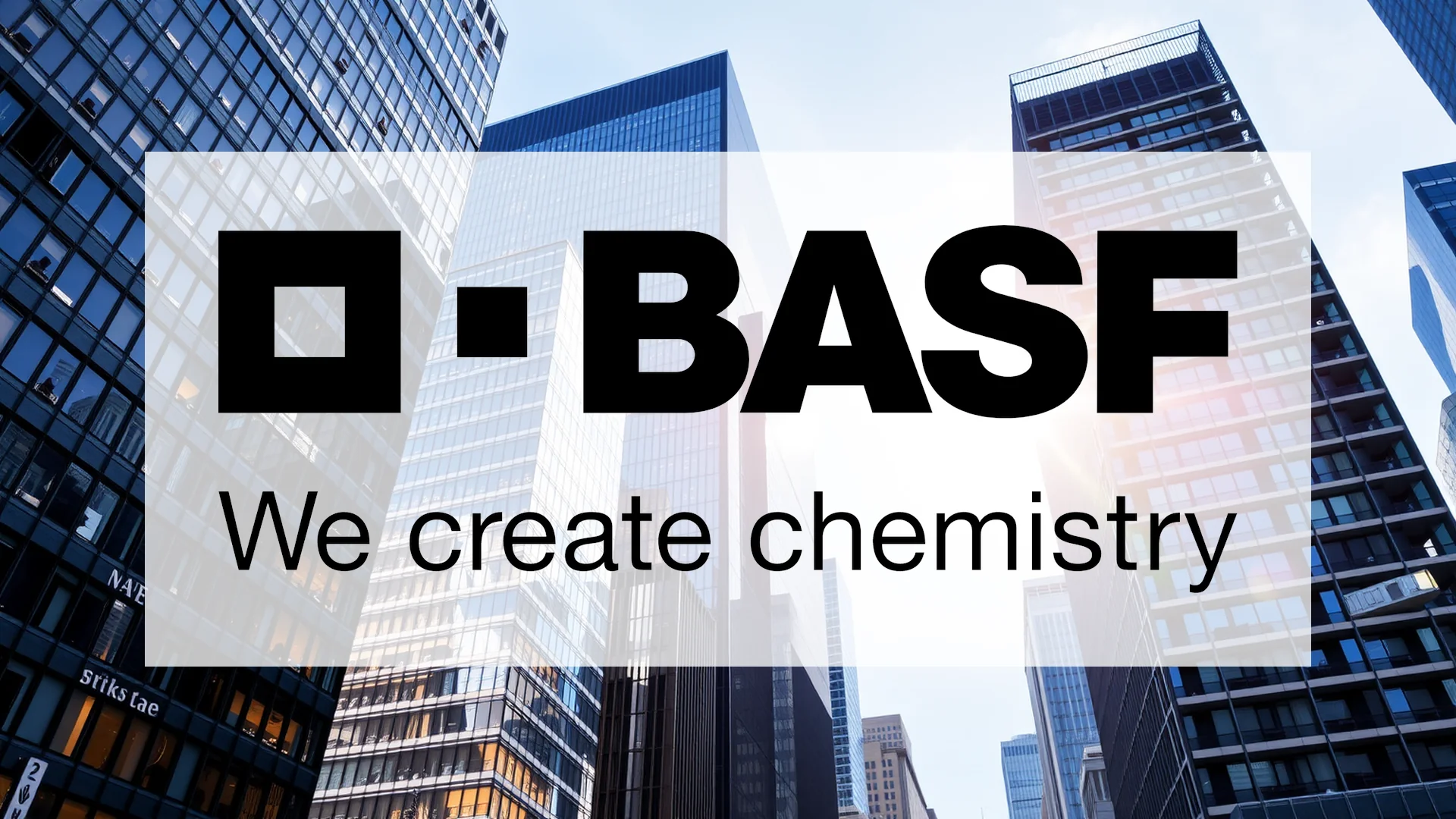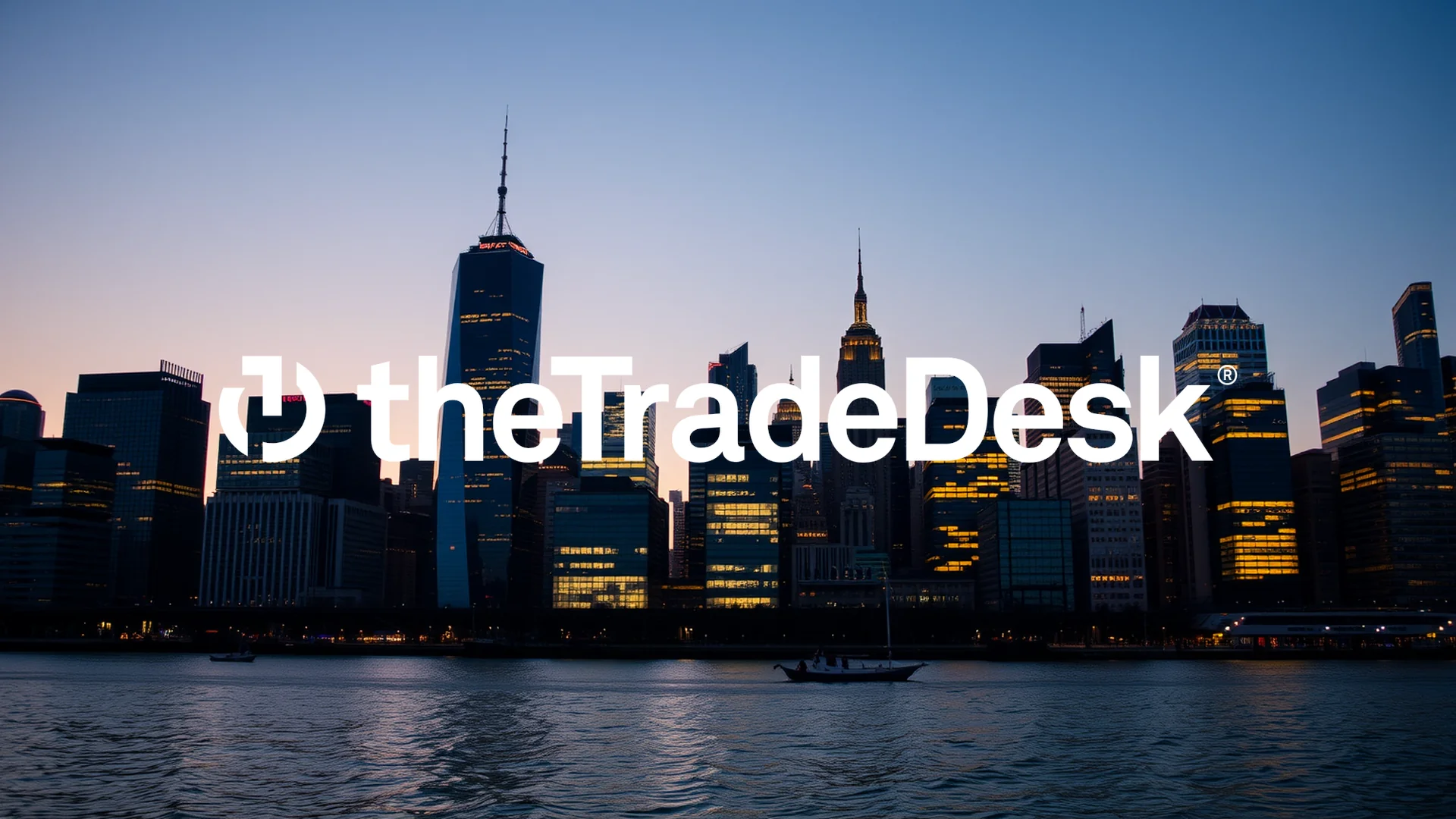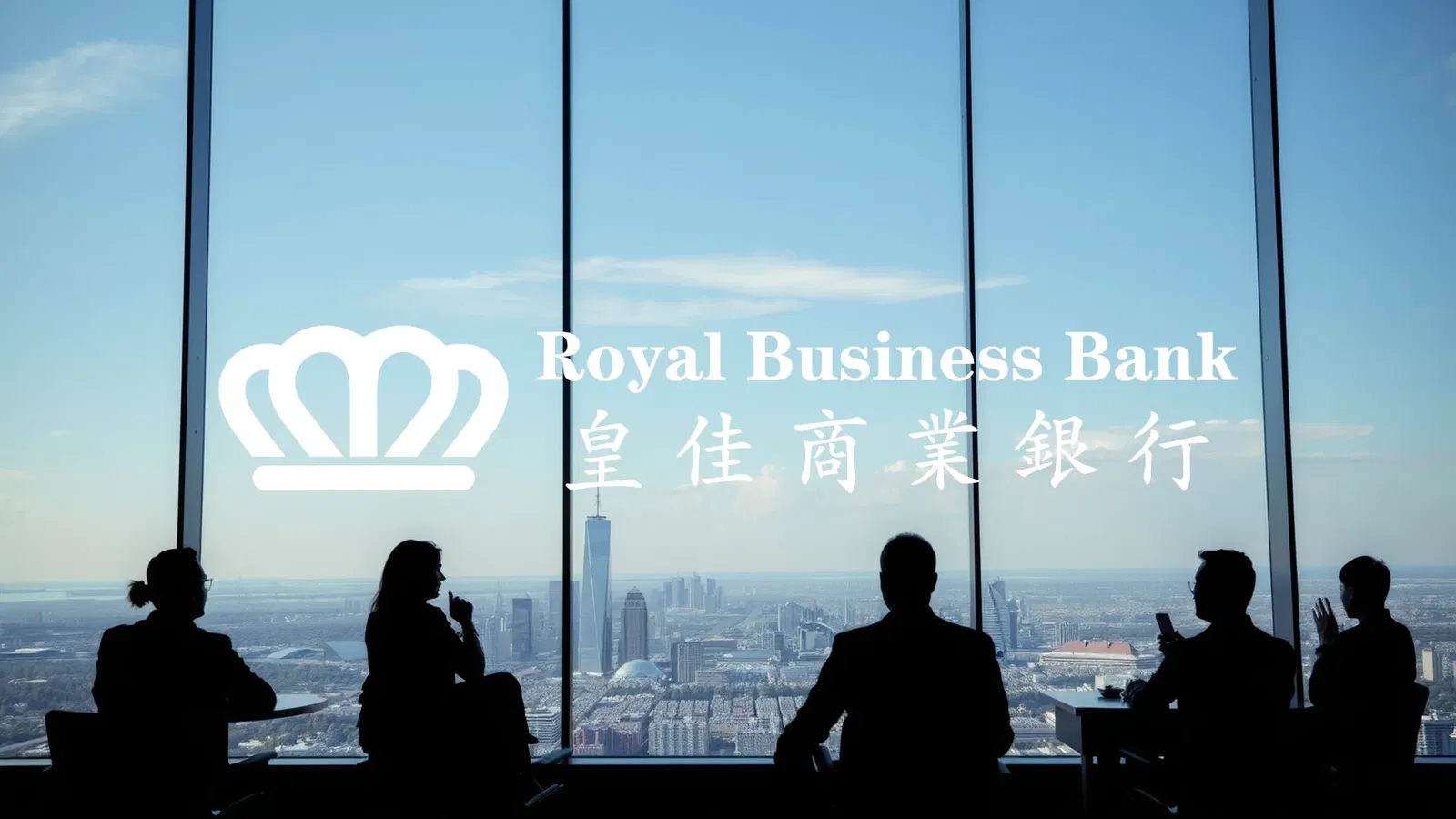BASF finds itself navigating conflicting market signals as the chemical giant executes a significant divestiture while simultaneously facing a downgrade from financial analysts. The German conglomerate’s planned sale of its coatings operation for €7.7 billion has been overshadowed by Berenberg Bank’s decision to slash its rating on the company’s shares to “Sell.”
Analyst Concerns Deepen Despite Strategic Move
Berenberg Bank has taken a decidedly bearish stance on BASF, not only downgrading the stock from “Hold” to “Sell” but also implementing a substantial reduction in its price target. The bank now projects a share value of €37, down significantly from its previous €44 estimate.
Market experts at Berenberg point to several persistent challenges:
- Ongoing weakness in operational demand continues to pressure business performance
- Petrochemical margins remain constrained across the industry
- Agricultural cycle projections appear increasingly unfavorable
- Further reductions to consensus earnings estimates are anticipated
This pessimistic assessment arrives at an inopportune moment for BASF, which had hoped to demonstrate strategic strength through its recent business transaction.
€7.7 Billion Transaction with Carlyle Group
In a deal structured with private equity firm Carlyle and the Qatar Investment Authority, BASF has agreed to divest its coatings business while retaining a 40% stake in the operation. The transaction will deliver approximately €5.8 billion in immediate cash proceeds to the chemical company.
Should investors sell immediately? Or is it worth buying BASF?
The business unit, which generated €3.8 billion in revenue during 2024, commanded a robust valuation in the agreement. The purchase price implies an enterprise value to EBITDA multiple of approximately 13 times, reflecting strong investor interest in the coatings segment.
Operational Weakness Overshadows Strategic Initiatives
Financial performance metrics reveal underlying challenges within BASF’s operations. The Industrial Solutions division reported a 5% revenue decline to €4.4 billion during the first half of the year, while EBITDA contracted more sharply, falling 11% to €668 million.
These figures highlight the structural headwinds affecting the broader chemical sector, with BASF experiencing their full impact.
From a technical perspective, BASF shares appear oversold, with the Relative Strength Index registering just 26 points. This indicates significant selling pressure in recent trading sessions. The current share price of €41.78 represents a 22.6% decline from the 52-week peak of €53.98.
The fundamental question for investors remains whether the coatings division sale represents a strategic masterstroke that will address core business challenges, or merely provides temporary financial relief without solving structural issues. The company’s third-quarter results, scheduled for release on October 21, may offer initial indications of which scenario will prevail.
Ad
BASF Stock: Buy or Sell?! New BASF Analysis from February 8 delivers the answer:
The latest BASF figures speak for themselves: Urgent action needed for BASF investors. Is it worth buying or should you sell? Find out what to do now in the current free analysis from February 8.
BASF: Buy or sell? Read more here...










